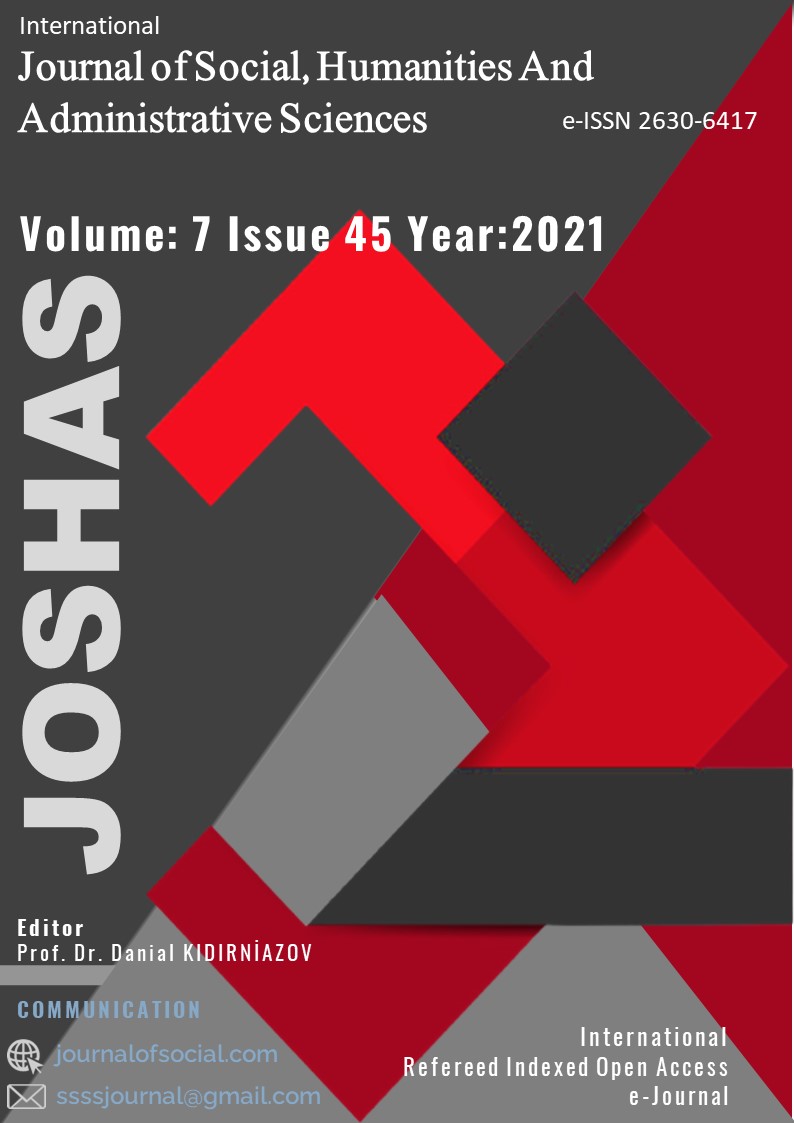Author :
Abstract
Eşitlik, hukuken tanınmış hakların gerçekleşmesi ve gereğince kullanılabilmesi için temel bir ilkedir. Toplumsal yaşama yön veren sosyoekonomik politikaların insan yaşamına ‘ortak hak ve yükümlülükler’ aracılığıyla etki etmesini mümkün kılan eşitlik; sağlık hakkının korunması ve sürdürülebilir sağlık sistemlerinin varlığı açısından stratejik bir öneme sahiptir. Sağlık hakkı ve eşitlik ilkesi, çeşitli ulusal ve uluslararası düzenlemelerle güvence altına alınmış olsa da yaşanan Covid-19 Pandemisi halihazırda eşitsizlik virüsü ile enfekte halde bulunan dünyaya güçlü bir ayna tutmuştur. Aynadaki yansıda ise sağlık hakkına erişimi şekillendiren sosyoekonomik sistemlerin ve barındırdığı eşitsizliklerin insan yaşamı üzerindeki telafi edilemez etkileri halen görülmektedir. Pandemi süreci neredeyse tüm dünyada dikkatlerin sağlık hakkına ve sağlıkta eşitliğe odaklanması yönünde sarsıcı bir etki uyandırdı. İngiltere, İtalya ve Hindistan gibi ülkelerde kısa zaman dilimlerinde binlere varan ölüm oranları ile birlikte insanların sağlık hizmetlerine eşit koşullarda erişip erişemediği tartışmaları gündemde geniş yer buldu. Yaşanan bu süreç özellikle yaşlılar, engelliler, evsizler ve sosyal güvencesi olmayan gruplar açısından sağlık hizmetlerine erişimde ciddi sorunlar yaşanmasına yol açarken, sağlıkta toplumsal eşitlik ilkesinden uzaklaşılması ise pek çok insan yaşamı ile ödemek zorunda kaldığı bir bedel doğurdu. Bu makalede pandemi sonrası geleceğin stratejik bileşenlerinden biri kabul edilen sağlıkta eşitlik; sağlığa hak temelli yaklaşım ve sağlık hakkının kamusallığı olguları arasında kurulan ilişki çerçevesinde ele alınmaya çalışılmıştır. Pandemi sonrası dönemde eşitlik ilkesinin sağlık sistemlerinin stratejik bir bileşenine dönüşmesi gereğini sosyopolitik bağlamda ele alan makalenin temel savı; kamusal bir hak olan sağlık hizmetlerine erişimde eşitlik için; eşitsizliklerle ve sosyoekonomik nedenleri ile yüzleşebilen, sağlığın sosyal belirleyicilerine yatırım yapan, sosyal güvenlik sistemlerini ve genel sağlık sigortalarını güçlendiren sosyal politikalara gereksinim duyulduğudur.
Keywords
Abstract
Equality is a fundamental principle for the realization and proper use of legally recognized rights. Equality, which makes it possible for socioeconomic policies that shape social life to affect human life through 'common rights and obligations'; It has a strategic importance for the protection of the right to health and the existence of sustainable health systems. Although the right to health and the principle of equality are guaranteed by various national and international regulations, the Covid-19 Pandemic has held a strong mirror to the world, which is already infected with the virus of inequality. In the mirror, the irreparable effects of the socioeconomic systems that shape access to the right to health and the inequalities they contain on human life are still visible. The pandemic process has had a shocking effect on the focus of attention on the right to health and equality in health almost all over the world. In countries such as England, Italy and India, with the death rates of up to thousands in short time periods, the debates on whether people can access health services under equal conditions took a wide place on the agenda. While this process led to serious problems in accessing health services, especially for the elderly, the disabled, the homeless, and groups without social security, moving away from the principle of equality in health caused a price that many people had to pay with their lives. Equality in health, which is considered one of the strategic components of the post-pandemic future in this article; In this study, it has been tried to be discussed within the framework of the relationship established between the rights-based approach to health and the publicity of the right to health. The main argument of the article, which deals with the need for the principle of equality to turn into a strategic component of health systems in the post-pandemic period, in the sociopolitical context; for equality in access to health services, which is a public right; there is a need for social policies that can confront inequalities and their socioeconomic causes, invest in the social determinants of health, and strengthen social security systems and general health insurances.





